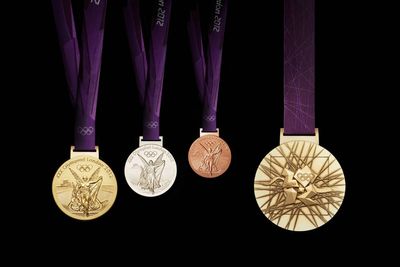International GLBT activists demand Olympic president end sex-verification policy
The new rules listed on the International Olympic Committee’s (IOC) website are in regard to athletes suspected of excessive, natural production of hormones like testosterone. The new rule says women with levels of testosterone naturally equal to that of a man will be barred from competing with other women. Notably, the IOC stopped short of specifying what a normal level of hormones would be, leaving the interpretation up to a panel of three experts. The panel would be empowered to disqualify female athletes from the London 2012 Games.
“Biology and humans are much more diverse than we would ever guess - what makes someone a man or a woman can't be identified in a single test or using a single measurement,” said Andre Banks, director of AllOut.org. “The new rule is degrading and humiliating to athletes who’ve worked for years and overcome tremendous obstacles in order to give everything for their sport and country. We don't ban people from becoming basketball players for being taller than average, or weightlifters for being stronger than average. Athletes are punished for cheating - and the International Olympic Committee already has a battery of tests to maintain the integrity of the Olympic Games.”
JOIN THE CAMPAIGN HERE: www.allout.org/olympics
The new rules come after in 2009 Caster Semenya, a South African runner was forced to undergo 11 months of invasion gender testing after she was deemed too fast and too muscular to be a real woman. “The Committee already has strict standards and a battery of tests to identify cheaters - this rule is something different. The IOC forces doctors to act as ‘gender police,’ and if they don’t they could face sanctions. It's an invasion of privacy, it violates medical ethics, and it breeds an environment where if women are too good, they are suspected of cheating. That is the opposite of the Olympic Spirt,” explained Banks.
READ THE IOC’s NEW RULES HERE: www.olympic.org/Documents/Commissions_PDFfiles/Medical_commission/2012-06-22-IOC-Regulations-on-Female-Hyperandrogenism-eng.pdf
